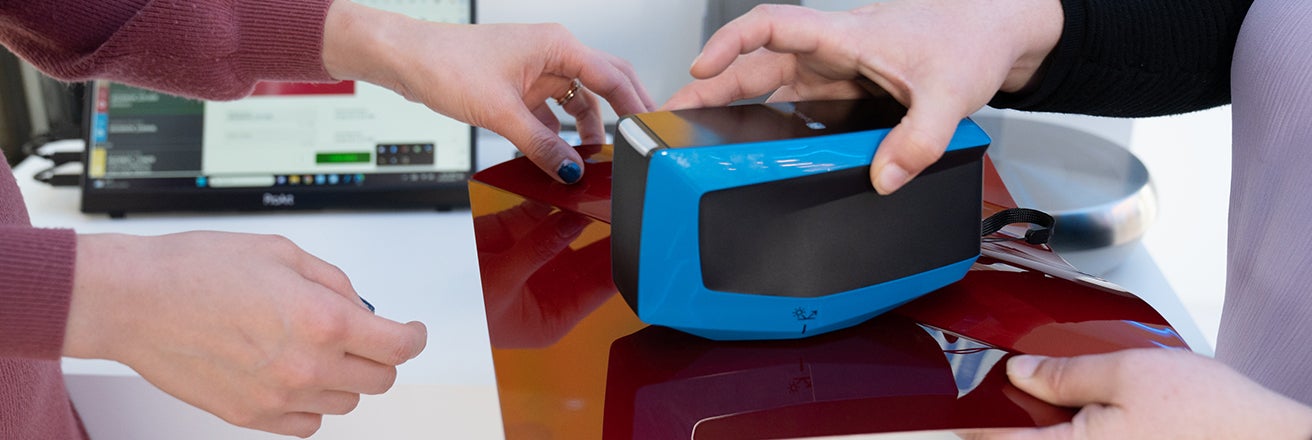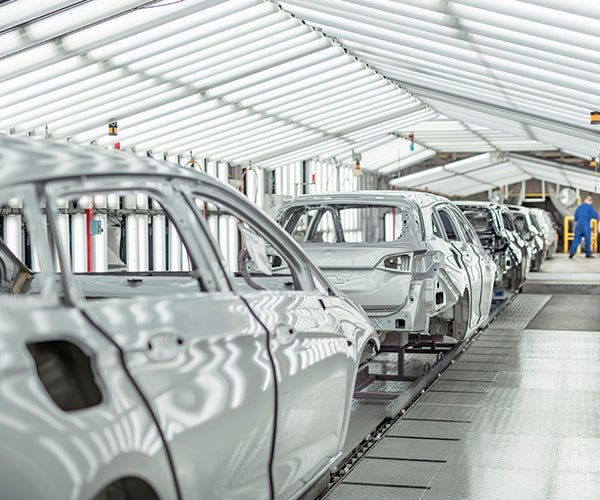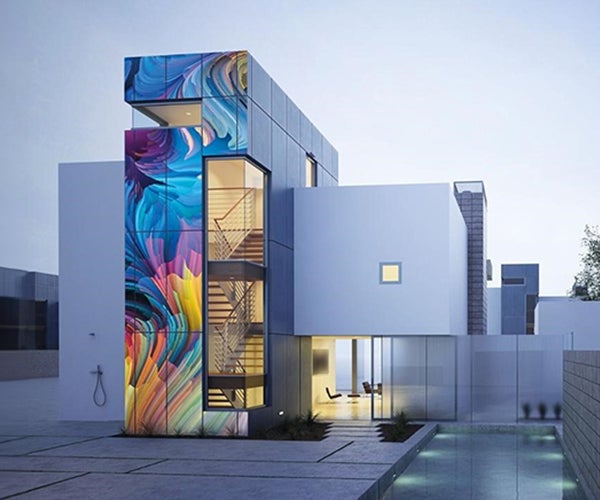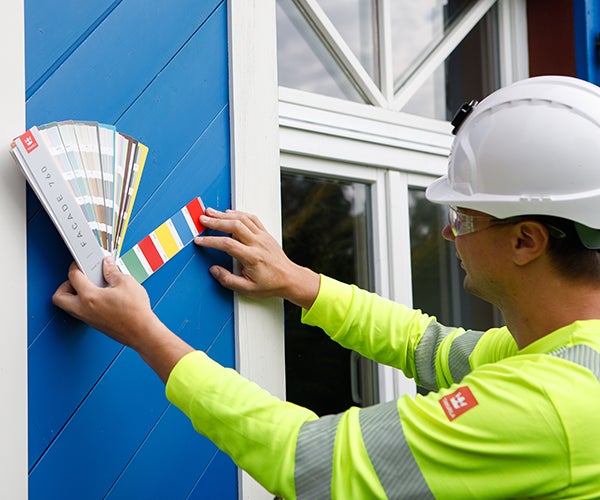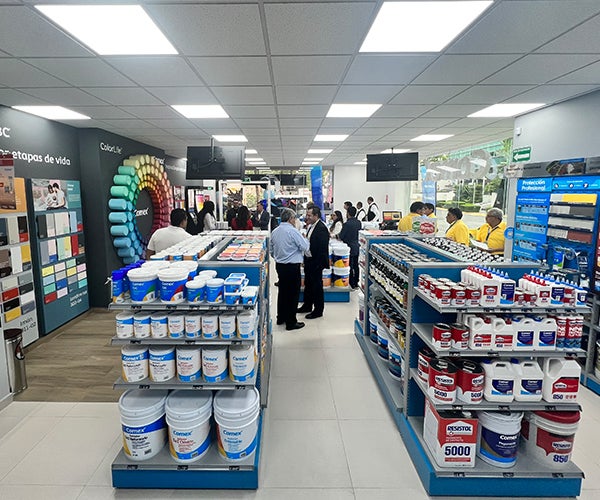Our products, tools and processes help make our customers – and the world – more sustainable.
We aim to be our customers' first choice partner for innovative paints, coatings and specialty products and services. Products that provide productivity and environmental advantages for our customers are instrumental to our enterprise growth strategy.
To measure our progress, we report on sales performance of sustainably advantaged products which are defined using PPG's internal methodology that validates product attributes and their contribution towards the UN Sustainable Development Goals. While many of our products have sustainable attributes in their end-use that promote longevity of customer assets, we consider products sustainably advantaged when they contribute to improved environmental outcomes or provide relative improvements over industry benchmarks. PPG's internal methodology of sustainably advantaged assessment is utilized not only for existing products but also throughout the new product development process.
Sustainably advantaged product sales
As % of total sales

